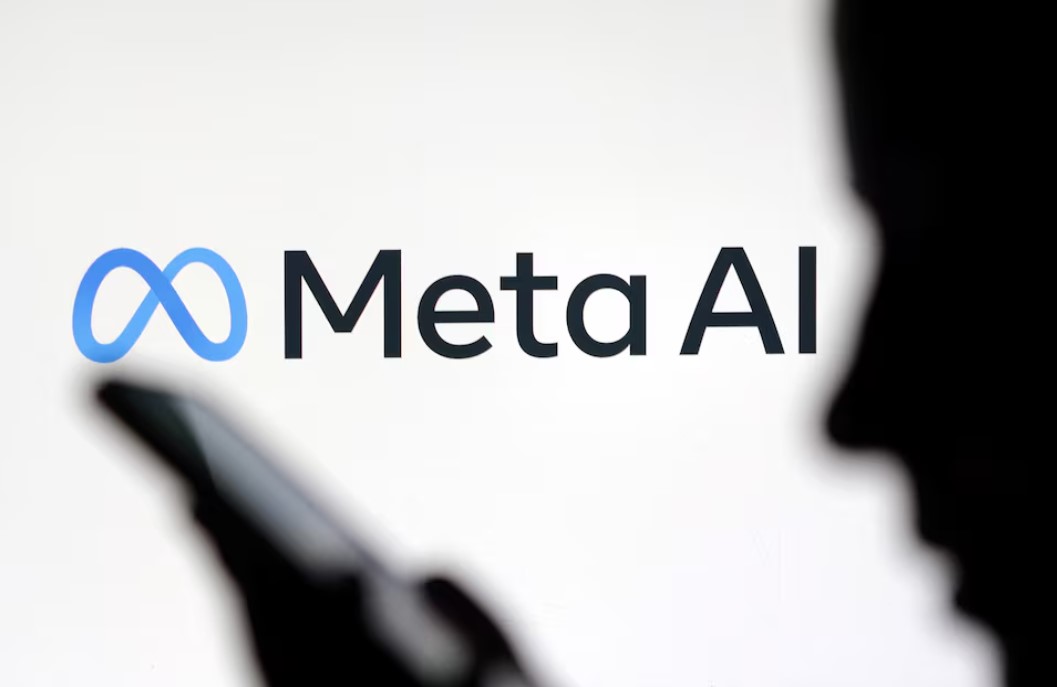
Meta Platforms used pirated versions of copyrighted books to train its artificial intelligence systems with approval from its CEO Mark Zuckerberg, a group of authors alleged in newly disclosed court papers.
Ta-Nehisi Coates, comedian Sarah Silverman and other authors suing Meta for copyright infringement made the accusations in filings made public on Wednesday in California federal court. They said internal documents produced by Meta during the discovery process showed the company knew the works were pirated.
Spokespeople for Meta did not immediately respond to a request for comment.
ALSO READ: Meta to phase back in political content on social platforms
The authors sued Meta in 2023, arguing that the tech giant misused their books to train its large language model Llama.
The case is one of several alleging that copyrighted works by authors, artists and others were used to develop AI products without permission. Defendants have argued that they made fair use of copyrighted material.
The authors asked the court on Wednesday for permission to file an updated complaint. They said new evidence showed Meta used the AI training dataset LibGen, which allegedly includes millions of pirated works, and distributed it through peer-to-peer torrents.
READ MORE: Apple hits out at Meta's numerous interoperability requests
They said internal Meta communications showed Zuckerberg "approved Meta's use of the LibGen dataset notwithstanding concerns within Meta's AI executive team (and others at Meta) that LibGen is 'a dataset we know to be pirated.'"
US District Judge Vince Chhabria last year dismissed claims that text generated by Meta's chatbots infringed the authors' copyrights and that Meta unlawfully stripped their books' copyright management information (CMI).
ALSO READ: Ireland fines Meta 251m euros over Facebook data breach
The writers argued Wednesday that the evidence bolstered their infringement claims and justified reviving their CMI claim and adding a new computer fraud claim.
Chhabria said during a hearing on Thursday that he would allow the writers to file an amended complaint but expressed skepticism about the merits of the fraud and CMI claims.


